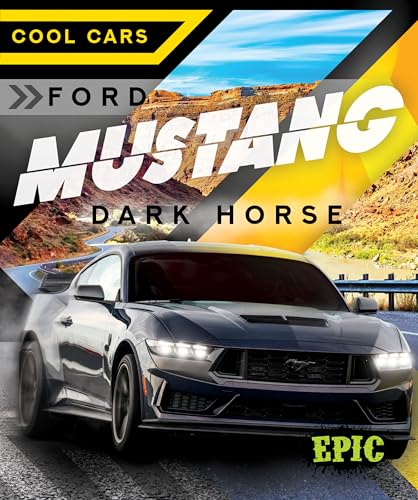- Joined
- Aug 27, 2021
- Messages
- 376
- Reaction score
- 159
- Location
- Williamsburg Virginia area
- My Car
- 1972 H code convert., 351C 2V, FMX, 9in., Ram air, Pwr Steering, Pwr Disc brakes, air-conditioning, 15" sport wheels, Ivy Glo w/white deluxe interior.
The day just disappeared for work on the car garage, but it was productive for the car none the less. Package from CandyRcode with the replacement strut rods and a timing chain cover/water pump backing plate arrived.
Along with that, the AMK package arrived. I started cleaning all the fasteners and after the first 30 ricochets out of the housing of the wire wheel on the bench grinder and the fact that some reduced in both thread and wrench/socket size because of the rust... It was really seeing a couple of the gang posting their completed work made me realize the new product would really look much better and was the overall correct choice to make. To be very honest, the pics above from tpj71mach sold me on the new fasteners.
The one thing for certain with the decision to purchase the Master kit over the piece by piece was made very simple. Even though I ended up with some duplicates as far as what comes with the new parts, it was much less expensive to just purchase the master kits. I'm going to also go with th fact they are most likely a better grade of fastener than some of those that are with the parts.
Unfortunately, didn't get things wrapped up as planned. Ran out of steam about 2 hours after dinner but at least there's now a somewhat cleaner path around the front and passenger side of the car.
Along with that, the AMK package arrived. I started cleaning all the fasteners and after the first 30 ricochets out of the housing of the wire wheel on the bench grinder and the fact that some reduced in both thread and wrench/socket size because of the rust... It was really seeing a couple of the gang posting their completed work made me realize the new product would really look much better and was the overall correct choice to make. To be very honest, the pics above from tpj71mach sold me on the new fasteners.
The one thing for certain with the decision to purchase the Master kit over the piece by piece was made very simple. Even though I ended up with some duplicates as far as what comes with the new parts, it was much less expensive to just purchase the master kits. I'm going to also go with th fact they are most likely a better grade of fastener than some of those that are with the parts.
Unfortunately, didn't get things wrapped up as planned. Ran out of steam about 2 hours after dinner but at least there's now a somewhat cleaner path around the front and passenger side of the car.
Last edited:

















































































